Home > News > Nigeria stopped electricity subsidy in 2...
Nigeria stopped electricity subsidy in 2022 – Falana
By AnchorNews | 07 Apr, 2024 02:08:08pm | 78

According to the Special Adviser to former President Muhammadu Buhari on Infrastructure, Mr. Ahmad Zakari, “We plan to eliminate subsidy by the end of the year. People will say if you eliminate subsidies, you will have poor people pay more.
But our argument is that the only reason the power prices in Nigeria are high is because we don’t generate enough. If you generate 10GW of power, tariff will be half of what it costs. So, keeping the prices very low is not the approach, but delivering adequate power.”
On March 12, 2022, the Minister of Finance, Budget and National Planning, Zainab Ahmed, disclosed that the Federal Government had quietly removed electricity subsidy. Speaking at a virtual meeting of African Finance Ministers and the International Monetary Fund, Ahmed also said the amendment of the budget was ongoing to accommodate the incremental removal of fuel subsidy. The theme of the meeting was ‘The political economy of fiscal reforms’.
Ahmed said, “We are cleaning up our subsidies. We had a setback; we were to remove fuel subsidy by July this year but there was a lot of pushback from the polity. We have elections coming and because of the hardship that companies and citizens went through during the COVID-19 pandemic, we just felt that the time was not right, so we pulled back on that. But we have been able to quietly implement subsidy removal in the electricity sector and as we speak, we don’t have subsidies in the electricity sector. We did that incrementally over time by carefully adjusting the prices at some levels while holding the lower levels down.”
To the utter dismay of Nigerians, the Minister of Power, Mr. Adebayo Adelabu claimed on January 15, 2024 that, “the Federal Government still subsidises electricity because the current tariff DISCOs are allowed to charge is not cost-reflective. This is why the Federal Government spent close to N700 billion in 2023 to subsidise electricity. If tariffs are left at this current rate, it is projected that the government will spend about N1.7 trillion to subsidise electricity. The FG cannot afford that.”
On March 6, 2024, the International Monetary Fund (IMF) warned that continuation of fuel and electricity subsidy will cost Nigeria N2.33 trillion or three per cent of its Gross Domestic Product, GDP in 2024. The warning was given by the team led by Mr. Axel Schimmelpfennig, IMF Mission Chief for Nigeria that visited Lagos and Abuja, February 12–23, 2024, to hold discussions for the 2024 Article IV Consultations with Nigeria.
Last week, the Nigerian Electricity Regulatory Commission, NERC, has approved an increase of electricity tariff to N225 ($0.15) per kilowatt-hour from N68. The 300 percent hike took for urban consumers, also known as Band A consumers in the country took effect from April 1, 2024. In justifying the insensitive hike, the Minister of Power, Mr. Adelabu said that government was subsidising 67 per cent of the cost of generating, transmitting and distributing power in Nigeria, amounting to over N3 trillion, which he put at 10 per cent of government total revenue.
From the foregoing, it is undoubtedly clear that the IMF and the Federal Government are juggling figures of electricity subsidy to blackmail and deceive the Nigerian people. Whereas the IMF claims that “fuel and electricity subsidy will cost Nigeria N2.33 trillion” in 2024, the Federal Government has given a subsidy figure of N3 trillion from the sum of N700 billion allegedly consumed by subsidy in 2023. Curiously, the Federal Ministry of Finance has failed to reconcile the conflicting figures being peddled around by the IMF and Ministry of Power.
Since the Buhari administration had stopped electricity subsidy in 2022, the Federal Government should institute a panel of inquiry to investigate the claim of the Minister of Power, Mr. Adebayo Adelabu that electricity subsidy for 2024 is N3 trillion.
The inquiry is necessary as arrangements have been concluded by the Nigerian Electricity Regulatory Commission to further hike electricity tariffs under the pretext of removing subsidy from the sector.
The panel should also inquire into the diversion of the N32 billion paid into the account of a private company account in 2003 for the supply of three million prepaid metres in the country.
Vanguard

Leave a Reply
Your email address will not be published. Required fields are marked *
Category
 Entertainment
Entertainment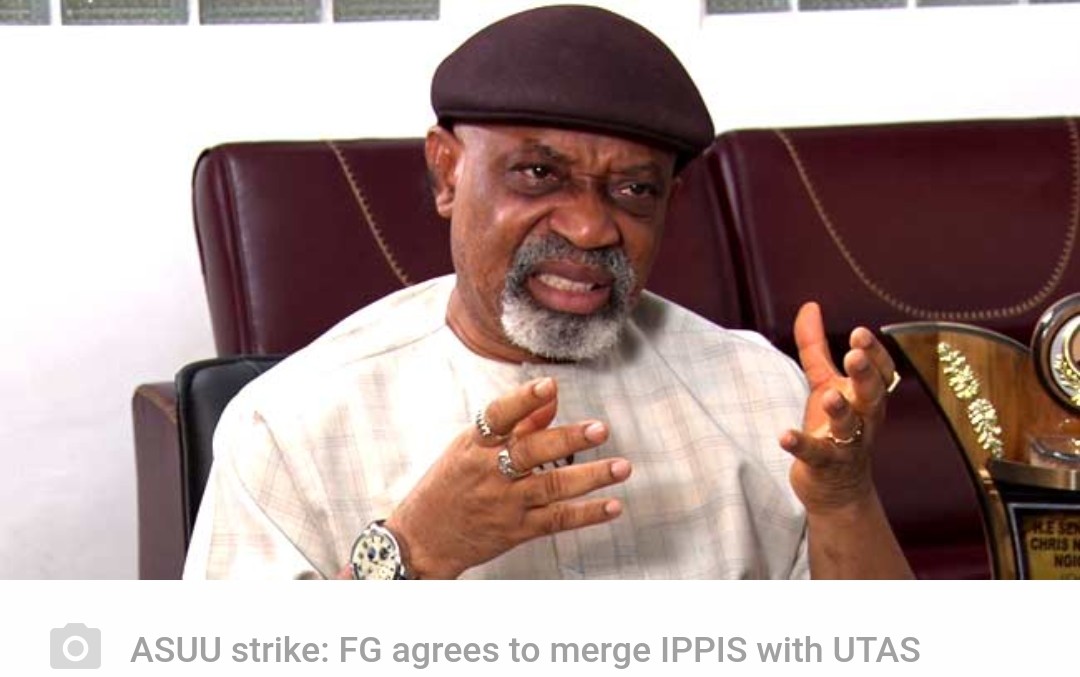 News
News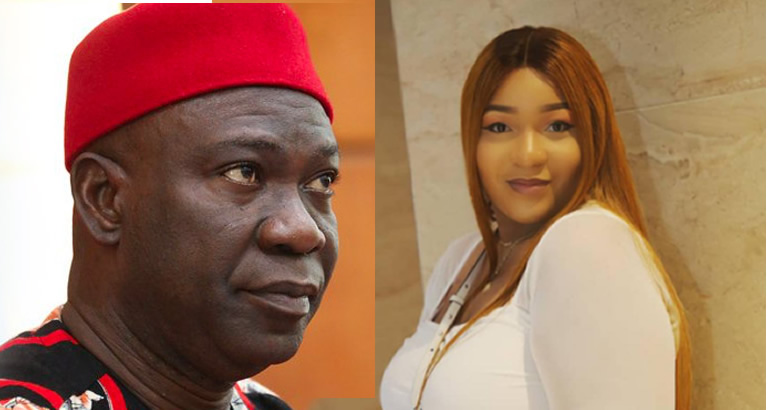 Health
Health Opinion
Opinion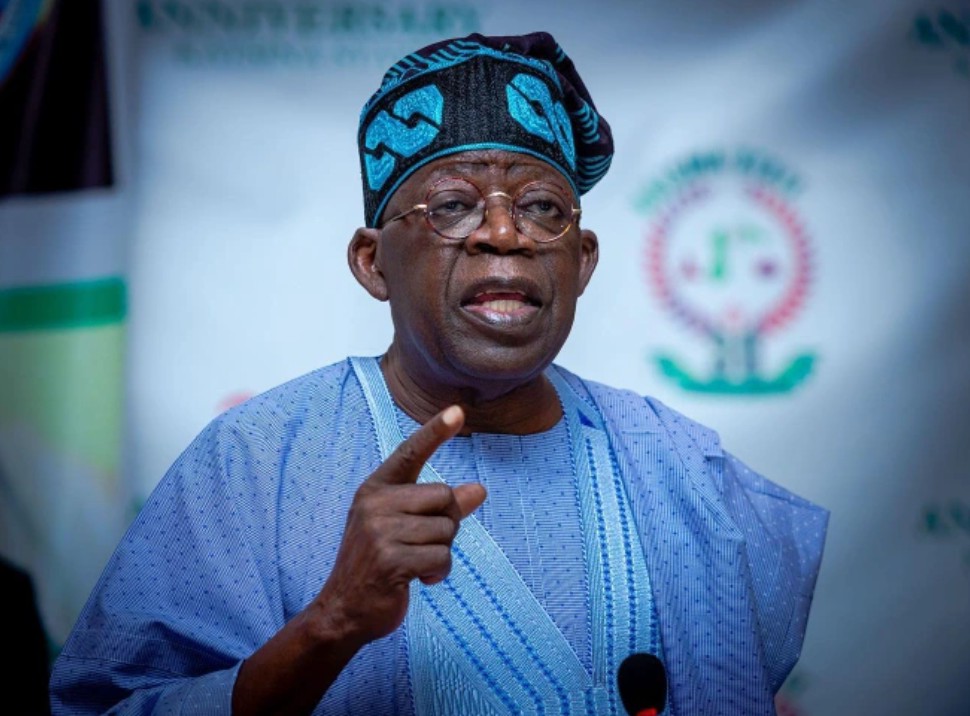 Politics
Politics Technology
Technology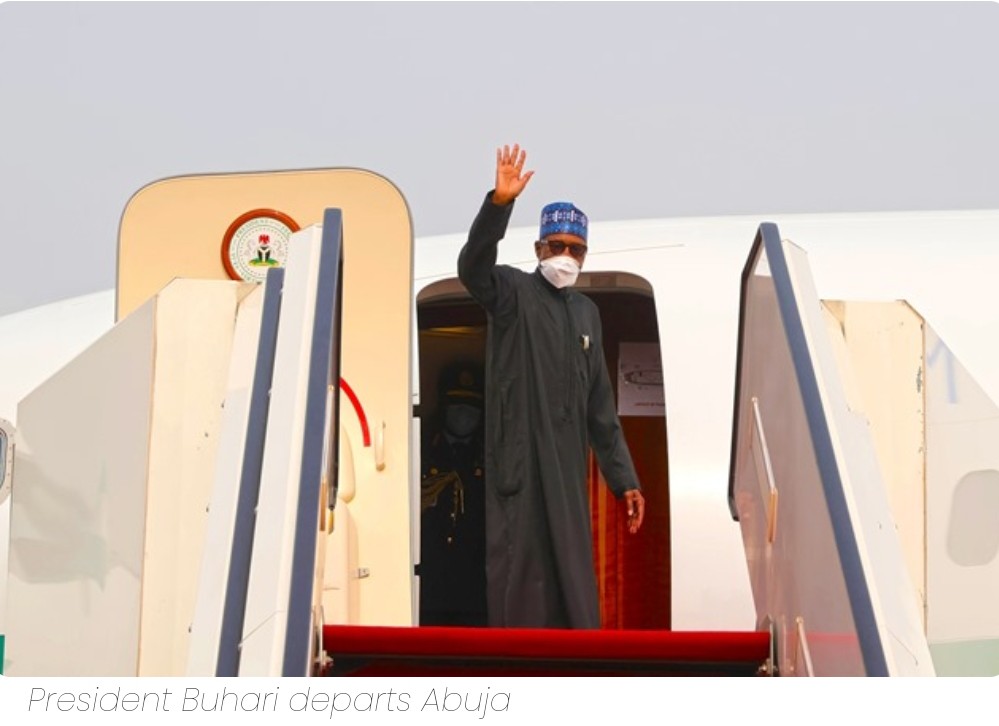 Culture & Tourism
Culture & Tourism Crime & Security
Crime & Security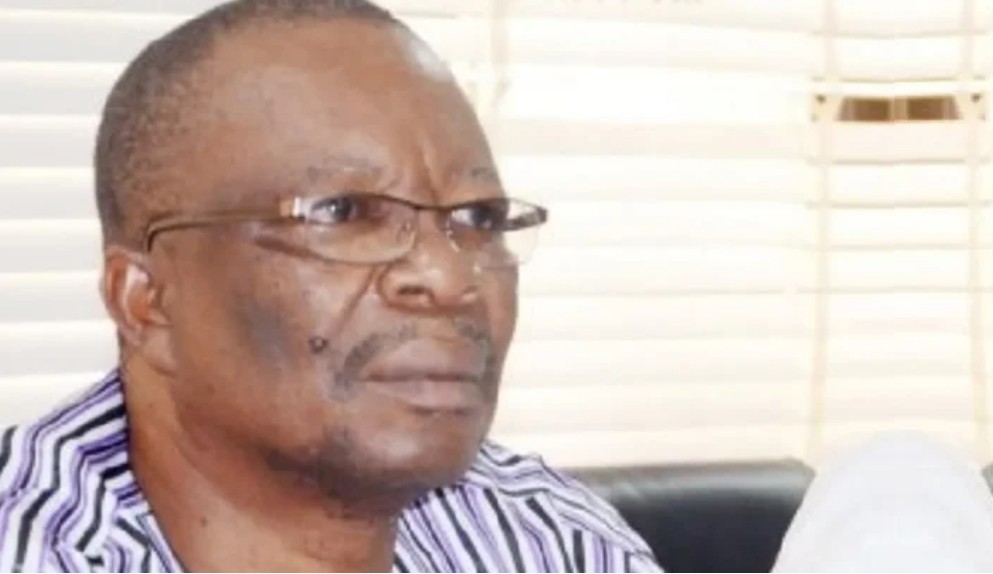 Education
Education  Business & Economy
Business & Economy.jpeg) Interviews
Interviews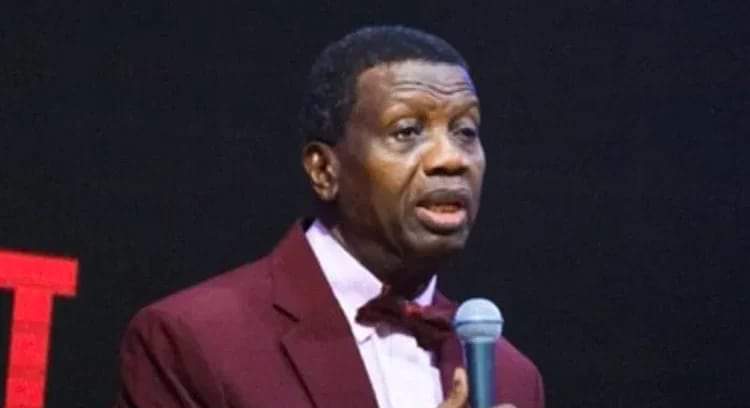 Religion
Religion 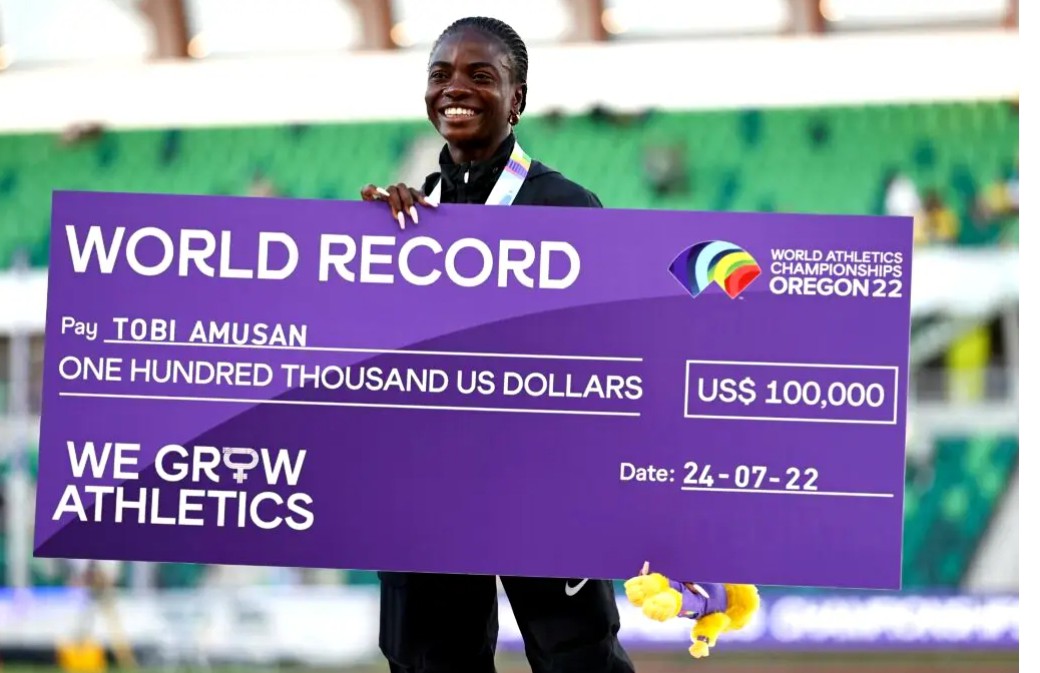 Sports
Sports